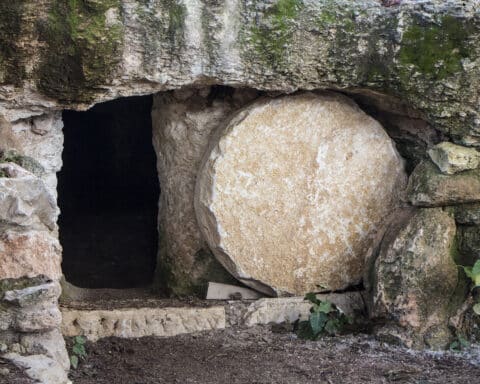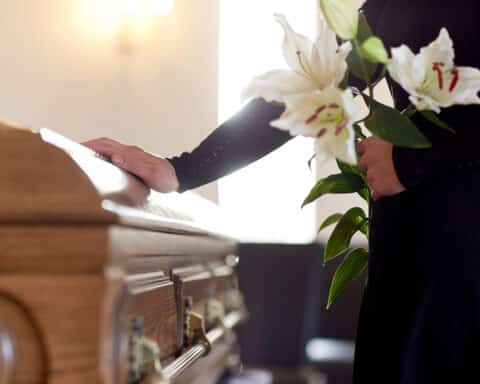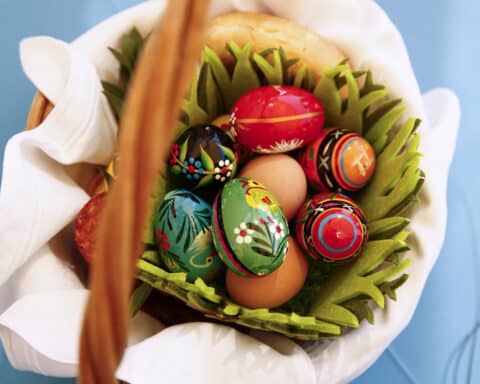At the end of Walker Percy’s suggestive portrait of American malaise, “The Moviegoer,” a joyful group of youngsters gathers around the protagonist, Binx Bolling, in a moment of resurrection joy. (If you haven’t read “The Moviegoer,” you might want to just skip this column, because I’m about to ruin the ending for you.) Lonnie, Binx’s handicapped but irrepressibly joyful half-brother, dies of viral infection. It falls to Binx, who himself has disavowed malaise and embraced hope by settling down and marrying Kate, to comfort the younger children, his brothers and sisters.
Set in May, the whole scene resonates with Easter. Binx tells them that although Lonnie is going to die, “he wouldn’t want you to be sad. He told me to give you a kiss and tell you that he loved you.” The children respond not by being sad but by professing their love for Lonnie. One asks if he had been anointed.
Then Donice, Binx’s younger brother, asks a very pointed question: “When Our Lord raises us up on the last day, will Lonnie still be in a wheelchair or will he be like us?” As the conversation continues, their pressing concern becomes clear: They want Lonnie to be able to waterski. Binx assures them that he will, and the children cry out, “Hurray!”
The scene is a direct homage to the end of Fyodor Dostoyevsky’s chef d’oeuvre, “The Brothers Karamazov.” A great reconciliation coordinated by Alyosha Laramazov takes place in the events surrounding a funeral. There is a dialogue about the Resurrection. The attendees depart to eat pancakes (a detail as incarnate as waterskiing). Then the children famously cry out, “Hurray for Karamazov!”
The Easter story is the story of Christ’s victory over death. For Dostoyevsky and Percy, it is the story of true and genuine love crashing through the barriers of isolation. Alleluia! Christ conquers the hell of solitude and seclusion, bringing joy and hope to those freed from the prisons of our own selves. In part, this is what it means to be like children, to join hands together and cry “Hurray,” because that last and great separation is no more.
Hell isn’t other people, as John-Paul Sartre, the French existentialist once wrote. Hell is feeling the longing to belong and not finding it. Hell is driving away everyone and everything that would call us forth from the caves of our hearts, leaving us trapped in the caves of our own making.
The end of Jesus’ story is the fulfillment of the harrowing verse in St. John’s Gospel: “Unless a grain of wheat falls to the ground and dies, it remains just a grain of wheat; but if it dies, it produces much fruit” (Jn 12:24). For there to be abundance, there must be death. Only the grain buried and transformed yields a great harvest.
The Resurrection teaches us that meaning is not found in drawing things to ourselves. Binx Bolling goes from theater to theater, trying to find himself, find something in film. Alyosha Karamazov has to learn to bear a fraternal countenance to others. For both, only a death to self, an imitation of Christ’s self-sacrifice, brings them through the mysteries of suffering and meaninglessness to love.
Christ’s death, in one way, brings the story of his life on earth to its conclusion. But like the ending of “The Moviegoer” and “The Brothers Karamazov,” it will be misunderstood if we think that death is the end. Sacrifice and self-gift are the way. But they don’t bring us to the end, they bring life.
Father Patrick Briscoe, OP, is editor of Our Sunday Visitor. Follow him on Twitter @PatrickMaryOP.





